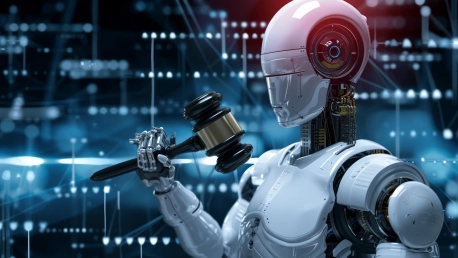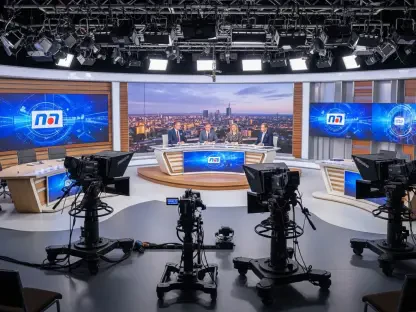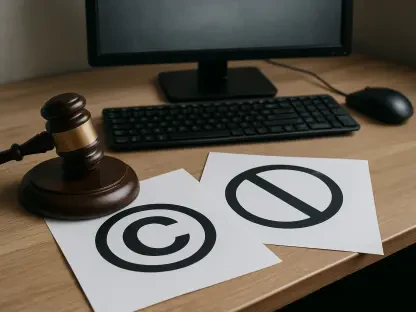The legal industry stands at the forefront of an ethical and practical debate: Can artificial intelligence (AI) take over the responsibilities of associate lawyers in law firms? A recent benchmark study conducted by Allens, a leading law firm, has sparked skepticism within the legal community about AI’s capabilities. The study, which juxtaposed AI’s current technical skills against those required of human associates, revealed a concerning pattern of AI inconsistencies and the tendency to produce unreliable outputs, often referred to as “hallucinations.” This suggests that while AI has the potential to reshape many aspects of legal work, it currently lacks the nuanced judgment necessary to provide the kind of complex legal advice that clients expect from their lawyers.Despite AI’s rapid advancement in other sectors, major law firms such as King & Wood Mallesons, Herbert Smith Freehills, and MinterEllison echo Allens’ sentiments, indicating that legal technology has yet to achieve the high standards demanded by the profession. The precision needed for interpreting and applying legal knowledge in real-world situations remains a human forte. Hence, in the context of providing detailed, substantive legal advice, AI is still playing catch-up with its flesh-and-blood counterparts.









